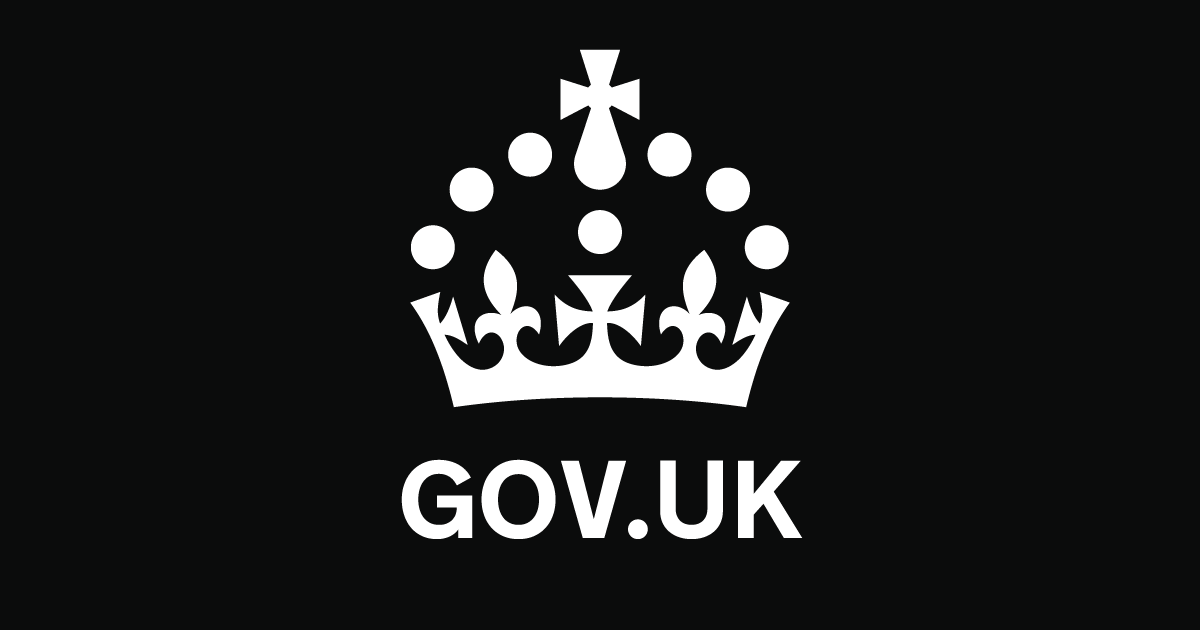An online consultation has been opened to review the role of the Traffic Commissioner. It's running from today until the 8th of September, and the results are expected next spring.

 www.route-one.net
www.route-one.net
*Edit* the link to the review page is here:

 www.gov.uk
www.gov.uk

Review of Traffic Commissioner role launched by DfT - routeone
A review of the Traffic Commissioner function has been launched by the Department for Transport. It will consider a wide range of topics.
A review of the Traffic Commissioner (TC) function has been launched by the Department for Transport (DfT).
It will consider TCs’ roles, delivery model, governance and funding arrangements, as well as current issues that they face, such as the impact of the pandemic and increased workloads.
DfT says that the intention of the review is for it to provide “robust assessment, challenge and assurance on the health and effectiveness” of the TCs and the Office of the Traffic Commissioners (OTC) to ensure that they are fit for the future. Questions relating to many facets of their work are included on the review webpage, but among the specific items to be examined are:
Industry members, local authorities, trade bodies and passenger groups are among those that have been encouraged to participate in the online consultation. It opened on 11 August and will close on 8 September. The review’s recommendations are expected to be published in spring 2022.
- Whether the functions that are provided by and in the name of the TCs are required
- Whether the TCs are carrying out their functions effectively and efficiently, and whether the support provided by DVSA and OTC allows the TCs to do
- The appropriateness of delivering additional functions.
The relationship between TCs and DVSA features strongly in what the review will examine. In the TCs’ annual report for 2020-21, they note that the appointment of Loveday Ryder as DVSA Chief Executive on 1 January “is already paying dividends,” and that the TCs have signed a new service level agreement with DVSA that commits the Agency “to improving the service delivered to regulated industries.”
Ms Ryder’s predecessor at the helm of DVSA, Gareth Llewellyn, launched a scathing and widely derided attack on the TCs in front of the Transport Select Committee on 25 November 2020, describing them as “anachronistic” and claiming that they were no longer required.
Under-Secretary of State for Transport Baroness Vere says that the government intends for the review of the Traffic Commissioner function to be “thorough” to ensure that “this important function is as effective as possible.”
*Edit* the link to the review page is here:

